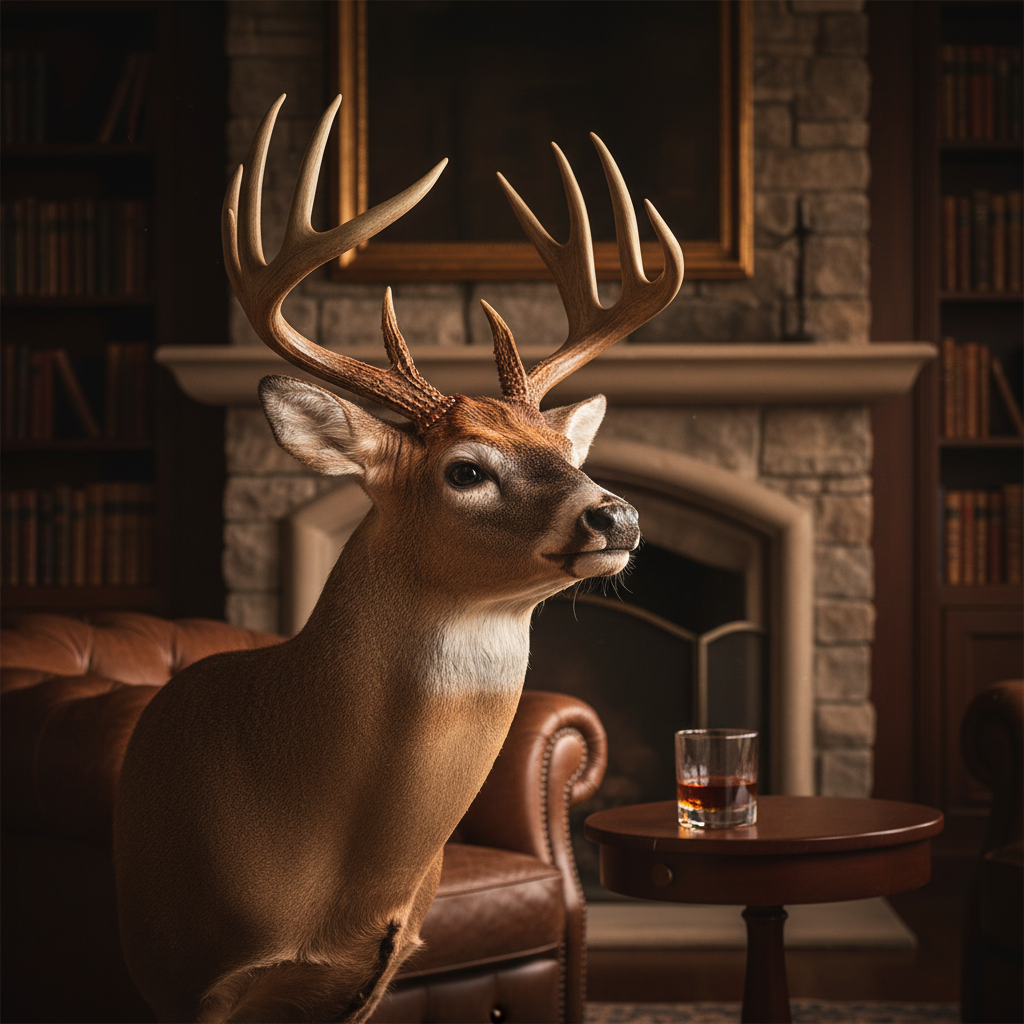Exploring Taxidermy as Art: Inspiring Creations from Kentucky's Wildlife

The Art of Taxidermy: A Historical Perspective
Taxidermy art has long been a bridge between natural history and artistic expression. Originating in the 19th century, the practice has evolved from a simple method of preserving wildlife into a sophisticated art form. Today, taxidermy art Louisville showcases how this transformation has taken place, highlighting the city's rich history and connection to wildlife art.
Historically, taxidermy was mainly functional, used by scientists and explorers to study species far removed from their homeland. However, as techniques improved, it began to capture the imagination of artists and collectors alike. Kentucky, home to a diverse range of wildlife, has played a significant role in this evolution. The state's rich biodiversity offers an endless palette for artistic taxidermy.
With an increasing appreciation for wildlife art Kentucky, taxidermists began to focus on aesthetics, crafting pieces that were not only accurate but also beautiful. This transformation has led to taxidermy being recognized as a legitimate art form, celebrated in galleries and exhibitions worldwide.
Transforming Kentucky's Wildlife into Art
In Kentucky, artistic taxidermy is more than just preserving nature; it's about transforming it into awe-inspiring creations that evoke emotion and tell a story. The natural beauty of Kentucky's wildlife provides a perfect canvas for artistic taxidermy, allowing artists to create pieces that capture the essence of nature.
The Bluegrass State's lush landscapes and diverse fauna present endless opportunities for creative taxidermy pieces Kentucky. Artists often draw inspiration from the state's iconic species, such as white-tailed deer, wild turkeys, and the majestic American black bear, transforming these creatures into stunning works of wildlife art.
By combining traditional techniques with innovative approaches, taxidermists in Kentucky create pieces that are not only lifelike but also thoughtful expressions of the natural world. These creations serve as a testament to the beauty of Kentucky's wildlife, inviting viewers to appreciate and connect with nature on a deeper level.
Creative Techniques in Modern Taxidermy
Modern taxidermy art has embraced creativity and innovation, pushing the boundaries of what can be achieved with this unique art form. In Louisville, artistic taxidermy is alive with experimentation, incorporating new materials and techniques to create truly remarkable pieces.
One popular approach in the realm of wildlife art Kentucky is the use of mixed media. By blending traditional taxidermy with elements such as metal, wood, and textiles, artists craft unique compositions that captivate and inspire. This fusion of materials not only enhances the visual appeal of the pieces but also adds layers of meaning and storytelling.
Additionally, artistic taxidermists often employ innovative techniques like 3D printing and digital modeling to create intricate details and realistic textures. These advancements allow artists to push the limits of realism, offering new ways to engage and delight audiences. As a result, taxidermy art continues to evolve, exploring new creative possibilities and redefining the perception of this historic craft.
The Future of Taxidermy Art: Trends and Innovations
The future of taxidermy art is bright, with exciting trends and innovations on the horizon. As the field continues to grow and evolve, artists are finding new ways to push the boundaries of what is possible, creating increasingly imaginative and inspiring works.
One emerging trend in taxidermy art Louisville is the focus on sustainability and ethical sourcing. Artists are becoming more conscious of the environmental impact of their work, opting for materials and practices that minimize harm to wildlife and the environment. This shift aligns with the growing interest in wildlife art Kentucky, as people seek to connect with and protect the natural world.
Additionally, advances in technology are opening up new avenues for artistic taxidermy. Virtual reality, augmented reality, and digital installations offer fresh opportunities to experience and interact with taxidermy art in innovative ways. These cutting-edge techniques promise to redefine the relationship between art, nature, and technology, ensuring that taxidermy art remains a dynamic and relevant form of creative expression.

Taxidermy Turnaround: Why Honest Craftsmanship Takes Time

Mount Cleaning Tips: The Heritage Care Guide for Pro Mounts
